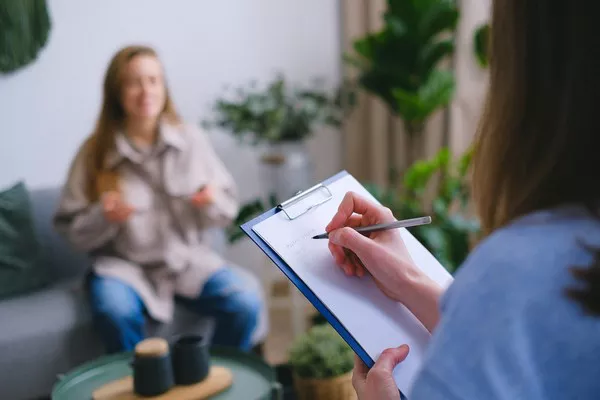Amidst the deepening mental health crisis, a unique trend is gaining prominence, primarily within the realm of short video platforms like TikTok in the Western world. The spotlight has shifted to these digital arenas, where self-proclaimed experts and influencers now offer insights and advice on mental well-being. Popular hashtags like #mentalhealthawareness and #mentalhealthadvocate are attracting millions of posts, uniting individuals who share a curiosity and a desire to enhance their understanding of mental health. Nevertheless, amid this vast array of content creators, a critical question emerges: Just how reliable is the guidance provided by these digital influencers?
If you are a regular Instagram user, you are likely to have encountered viral reels featuring the F.R.I.E.N.D.S character Monica obsessing over perfectionism, often accompanied by the subtext, “You have OCD if you do this,” or videos where renowned influencers chronicle their day in a mere minute, attributing their reactions to situations to ADHD (Attention Deficit/Hyperactivity Disorder).
We’ve all experienced moments when we’re not feeling our best, encountering symptoms that prompt us to turn to Google for answers. In the vast expanse of search results, it is all too easy to tumble down the rabbit hole of self-diagnosis and anxiety. On occasion, this phenomenon extends beyond physical ailments and ventures into the realm of mental health, with short video platforms, like TikTok in the Western world, playing an unexpected and significant role.
According to the World Health Organization (WHO), an alarming 56 million Indians grapple with depression and anxiety disorders, underscoring the pressing need for reliable and informed sources of mental health guidance in the digital age.


























